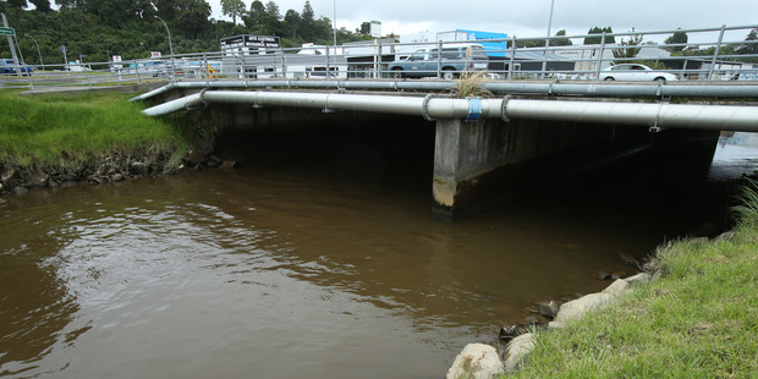
I have always found long-term goals fun to set.
At 18, I decided I was going to be a millionaire by 30. Yes, indeed, living the life of Riley; not working, spending my days by the pool in my expansive house, overlooking some incredible beach.
It was going to be bliss.
Of course, it didn't happen. Because after I set that goal, did I sit down to plan how I was going to make my millions? Start focusing on the goal? Put plans in place to make it happen? Nope, I did none of the above. I remember thinking at 25, "uh oh, only five years to make a million." Did I do anything then? Nope. I still had five years - in my mind, plenty of time. I'd sort it out later. I continued to kick the can down the road until, what-do-ya-know? Here I am at 31 with not even close to half a million to my name.
The Government's announcement yesterday of wanting 90 percent of rivers and lakes swimmable by 2040 is almost a rehash of me at 18 wanting to become a millionaire. To be fair, it has slightly more of a plan on how it is going to reach its goal. But, in saying that, it's also making it easier on itself by shifting the goalposts - the equivalent of me deciding $100,000 is pretty much a million.
Ninety percent of rivers and lakes swimmable.
What part of that doesn't sound good? None of it until you realise what the Government considers "swimmable".
In the Government's National Policy Statement for Freshwater Management 2014, for a body of water (be it a river or lake) to get an 'A' rating, it has to have rates of E. Coli (the bacteria that gives us campylobacter), less than or equal to, 260cfu/100mL, 95 per cent of the time. It used to be 99 per cent A reading above 260cfu/100mL means there is certain risk to human health.
This doesn't seem to phase the Government though. Why let public health get in the way of achieving? As far as it is concerned, a few tests above that level (up to 5 per cent), and that river or lake is still an 'A'. Yes, a river that makes 1 in 20 sick, gets an 'A'. Sound ridiculous? It gets worse.
The Ministry of Health's 1992 Provisional Microbiological Water Quality Guidelines for Recreational and Shellfish-Gathering Waters in New Zealand suggests that water with less than 235cfu/100mL is optimum, with anything higher best avoided. How is 260cfu/100mL suddenly ok? What's changed? Are we all of sudden better at dealing with E. Coli? Furthermore, compare the Government's new standards to the World Health Organisation's (WHO) guideline standard of 40cfu/100mL of water (at this limit the WHO considers water to have no observable adverse effect on human health) and the limit of 260cfu/100mL looks ludicrous. I'd love to ask the WHO its thoughts on us swimming in water with 260cfu/100mL, let alone the equivalent of a 'B' rating of water with 540cfu/100mL.
Setting easily achievable goals is a great way to feel good about yourself. Setting easily achievable goals that don't need to be achieved for 23 years, well, that borders on pointless. I've racked my brain trying to think if there is anyone other than politicians who spit this sort of nonsense. Alas, I came up with nothing.
Long story short, the Government's current plan to "clean up our waterways" is absolute rubbish. It's an attempt to look as though it is taking action, when in reality it is doing absolutely nothing. In fact, in many cases, going backwards. It's electioneering at its best. Don't fall for it. Since 2014 councils are no longer required to extensively test our waterways, instead, a waterways health is now determined on a measly three points. (E. Coli, Nitrates and Phosphorus).
Bodies of water were once deemed healthy based on whether life could exist within them - the RMA suggests a body of water can be described as healthy if it can support life. But now "health" is determined by its effects on humans, a species with a much greater ability to deal with pollutants than the likes of fish or birds. We want lakes and rivers that can sustain their usual occupants, don't we? Not lakes and rivers that will keep us healthy 95 per cent of the time.
Given that water is such an integral part of all life, and our economy (from agriculture to tourism), you'd really think we'd all be on board to protect what isn't already stuffed, and clean up what is. I feel the general populace wants action, and wants action now. It's just the Government that seems to be lacking interest. Unfortunately, it seems if the current lot stay on their projected trajectory, I will be a millionaire, retired, and sunning myself by the pool, before anything is seriously done about any of our filthy lakes and rivers.
Take your Radio, Podcasts and Music with you









